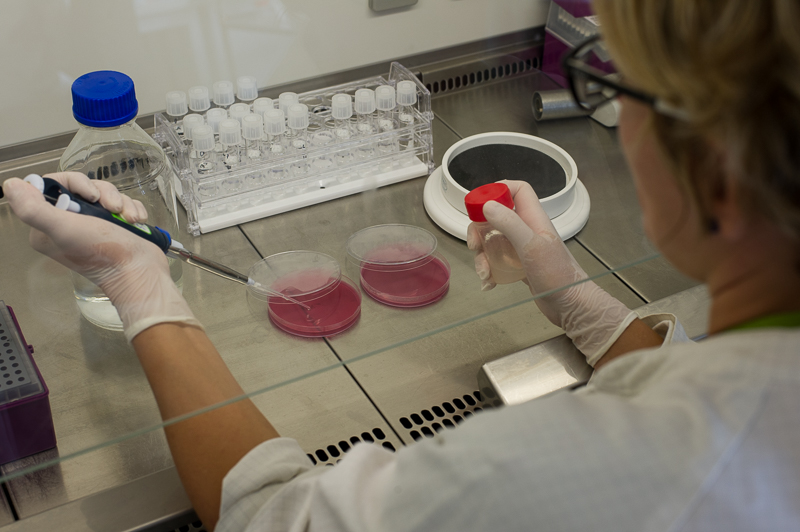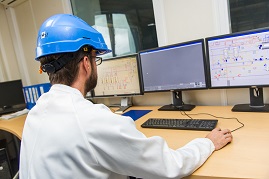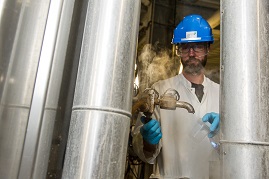Biotechnology
How will white biotechnologies revolutionise industry and how is ARD contributing to this revolution?

Born of the encounter of life sciences and technology, biotechnologies are now impacting every industry. They include white biotechnologies, which can be used to make chemical compounds from plant substrates and use microorganisms at industrial scale. A major player in the development of industrial biotechnologies over the last 20 years, ARD creates innovative bioprocesses to enable new products get to market.
What do we mean by white biotechnologies?
The use of microorganisms (yeast, bacteria, fungi) to obtain certain products is a well-known process. But it took the emergence and development of molecular biology and industrial microbiology to extend these natural processes to a wider range of activities. Indeed, biotechnologies have a diverse range of applications. Each field is given a colour in order to differentiate them: Green biotechnology (essentially agriculture through the genetic modification of plants), red biotechnology (the production of molecules intended for the pharmaceutical industry and healthcare), blue biotechnology (essentially represented by marine products like macro- and micro-algae, and finally, white biotechnologies. These biotechnologies use microorganisms' natural ability to synthesize through fermentation of substrates to produce numerous molecules on a large-scale. White biotechnologies, therefore, have numerous industrial applications such as the production of biofuels and chemicals used in green chemistry, the food industry, pharmaceutical products, and solvents.
White biotechnologies: At the crossroads of bio economy and the circular economy.
Many chemicals are derivatives of crude oil. In a context where climate change and the increase of fossil fuel-based carbon in the atmosphere is of great concern, the use of renewable carbon is a truly sustainable alternative from an economic and ecological point of view.
Indeed, white biotechnologies enable us to use microorganisms' abilities to produce new molecules to replace chemically produced molecules with renewable carbon, mainly from sugars and fats. The carbon used is, therefore, not fossil-based but from renewable sources that are easy to find from plants, and practically inexhaustible.
ARD, the accelerator of white biotechnologies
Based in the heart of the Pomacle/Bazancourt bio-refinery in the Marne region (France), ARD fully plays its role in the bioeconomy. This biotechnology laboratory is the first link in the chain that seeks to identify and then produce useful molecules. The fermentation and purification, as well as the analytical monitoring of the biological molecules produced by these microorganisms, are then managed by ARD's teams in order to produce the desired products.
Thanks to its mastery of bioprocesses, its expertise in industrial microbiology and its experienced staff, ARD exploits plants' active molecules in order to achieve a more environmentally friendly industry.




